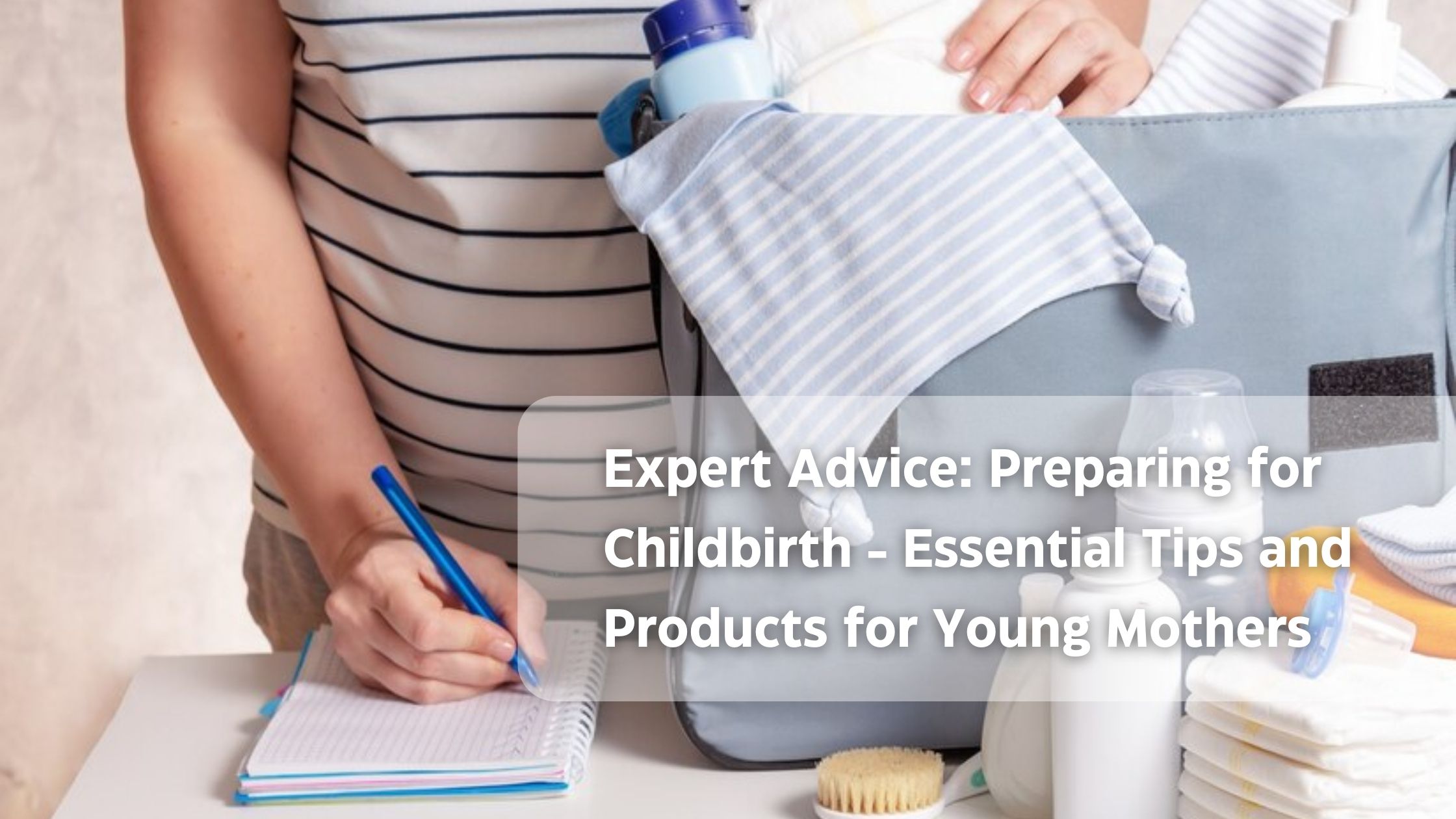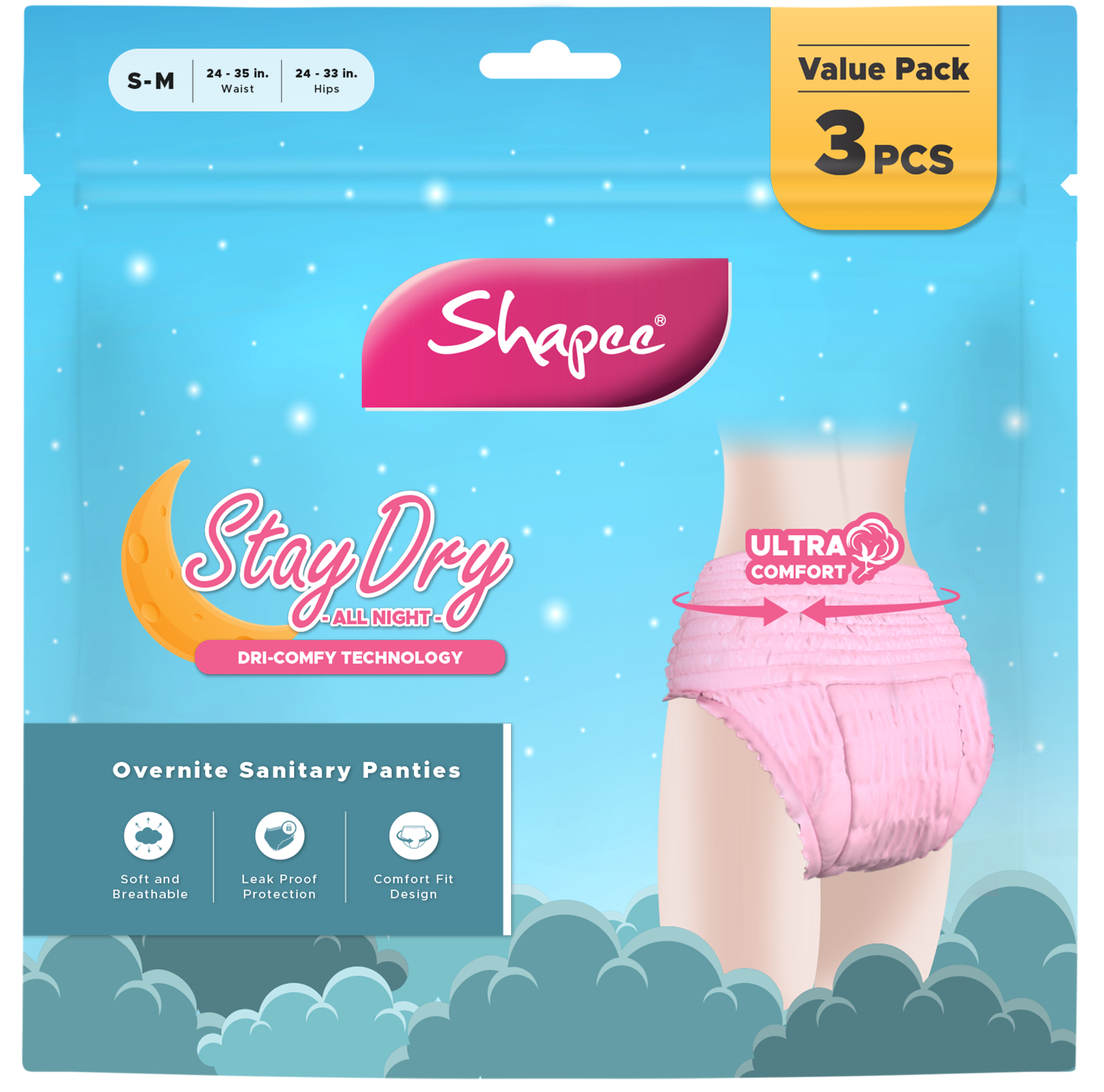Expert Advice: Preparing for Childbirth - Essential Tips and Products for Young Mothers
Preparing for Motherhood: Essential Products and Tips for Young Moms

Understanding the Essentials of Pregnancy and Delivery
Pregnancy and delivery can be overwhelming, especially for young moms but understanding the basics can ease the journey. Regular prenatal check-ups, a balanced diet, hydration, and rest are key for both your health and your baby's growth. Learning about labor stages reduces anxiety, while attending childbirth classes offers valuable insights and a chance to connect with other moms-to-be. These steps help you feel empowered, informed, and supported as you prepare for childbirth and motherhood.
Top Products Recommended by Healthcare Professionals
Healthcare professionals recommend several must-have items to support new moms through pregnancy and postpartum. A good prenatal vitamin is essential for your health and your baby’s development, while a supportive maternity bra and a body pillow (image 1) can help ease discomfort and improve sleep as your belly grows. After birth, a quality breast pump is invaluable for breastfeeding moms, along with nursing pads and nipple cream for added comfort. A baby carrier allows for hands-free bonding, and a car seat is crucial for bringing your baby home safely. Don’t overlook postpartum essentials like maternity pads and soothing witch hazel pads to aid recovery and provide comfort during this transformative time.
Preparing Your Body and Mind for Childbirth
While physical preparation is important, mental readiness is equally crucial for a smooth pregnancy and delivery. Staying active through prenatal yoga or swimming helps maintain fitness and reduces stress, while practicing relaxation techniques like deep breathing can be invaluable during labor. Educating yourself about childbirth and parenting boosts confidence, but be mindful not to overwhelm yourself with too much information. It's also essential to communicate with your partner about your birth plan, sharing your hopes and concerns. Remember, flexibility is key but the things may not go exactly as planned, and that's perfectly okay.
Essential Hospital Items for Young Moms
What to Pack in Your Hospital Bag
Here's a list of essentials:
- Comfortable pajamas
- Toiletries (toothbrush, deodorant, etc.)
- Nursing bras and pads (image 1 & image 2)
- Going home outfit for you and baby
- Insurance information and hospital paperwork
Navigating the Healthcare System: Tips for Young Parents
The healthcare system can be complex. Here are some tips to help you navigate it:
-
Know your insurance coverage: Review your insurance plan to understand what is included for prenatal care, delivery, and postpartum support. Knowing this in advance can help you plan your budget and avoid unexpected expenses.
-
Ask about costs upfront: Speak to your healthcare provider about the estimated costs of appointments, tests, and delivery. This transparency can prevent financial surprises later.
-
Organize medical records: Keep all your medical records, test results, and bills in one place for easy reference. This helps streamline communication with your doctor and insurance provider.
-
Ask for explanations: Don’t hesitate to ask your healthcare team for clarity on procedures, test results, or terms you don’t understand. It’s your right to know and be informed about your care.
-
Tour the hospital: If possible, visit the hospital or birthing center beforehand. Familiarize yourself with the facilities, labor rooms, and any amenities to feel more comfortable on delivery day.
Post-Pregnancy and Beyond: Continued Care and Support
Recovering from Birth: Physical and Emotional Support
Recovery after birth takes time, so be patient with your body. Rest when possible and accept help from family and friends, as it’s important not to do everything on your own. Focus on bonding with your baby and healing. Physical recovery can vary, with soreness, bleeding, and fatigue being common. Follow your doctor’s advice on activity levels to ensure proper healing. Emotional changes, like the baby blues, are normal, but if feelings of sadness persist, it’s important to speak to your doctor. Postpartum depression is real, but it is treatable with the right support.
Follow-Up Care: Understanding Your Postpartum Check-Ups
Postpartum check-ups, typically scheduled about 6 weeks after birth, are essential for monitoring your physical recovery and overall well-being. During this visit, your doctor will assess your healing and discuss birth control options. It's also an opportunity to ask any questions you may have about your health or your baby’s development. Don't skip these appointments, as they’re key to ensuring you're on the path to full recovery. If you have any concerns before your scheduled check-up, reach out to your doctor and always better to address issues sooner rather than later.
Conclusion
Preparing for motherhood involves both physical and emotional readiness. By understanding the essentials of pregnancy, investing in key products, and staying informed about your healthcare coverage and hospital procedures, you can feel more confident and prepared for the challenges ahead. Postpartum recovery requires patience, support, and regular check-ups to ensure your health and well-being. With the right preparation, support, and mindset, you can navigate this transformative time with greater ease and confidence.



